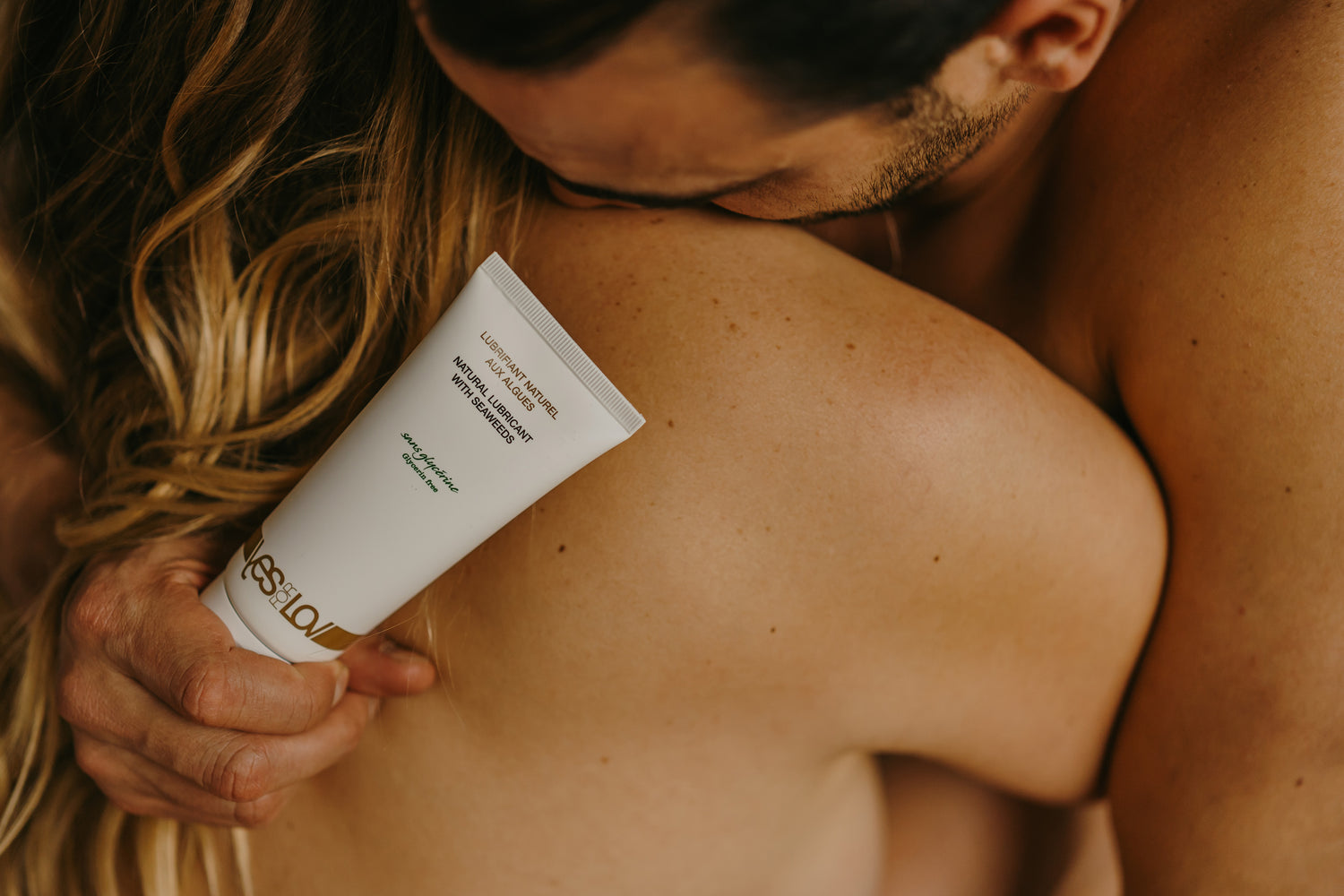Vegan, organic, edible, warming, moisturizing or refreshing… Water-based, cosmetic active ingredients and fragrance-free. In terms of intimate products, cosmetics for intimacy and sex are complete without giving the assurance of top quality and transparency.
Stop on the image of lubricants that dare to present themselves with an indecent osmolarity oscillating between 3 and 8,000 mOsm/kg. It's no ! Nothing to negotiate beyond 1200 mOsm/kg . So, without any trial of intent, it's an automatic stop to unidentified lubricants in their true chemical base formulation and which inconsiderately pollute the well-being market.
Place on the other hand but with a lot of tweezers with hyper-osmotic, hypo-osmotic lubricants based on glycerin. To consume with eyes closed, iso-osmotic lubricants , the most promising of them. Never lose sight, however, that the osmolarity of your intimate lubricant is too important a factor to neglect and it must be taken into account for your vaginal health: in this respect, never forget that the cells of the vaginal mucosa and vulvar make every effort to maintain this fragile balance between the pressure of the water contained internally and the surrounding environment.
Choosing a hyper-osmotic intimate lubricant means admitting to seeing the cells of your vaginal membrane cruelly dry out . The result is dehydration of the mucous membrane and a wide open door to the most unhealthy bacterial infections. Conversely, and this is fortunate for your well-being, the hypo-osmotic lubricant appears to be the natural leader and the faithful and so solid ally in the duration of your well-being. be. Your body's cells will never stop trying to capture this holy water nicely hidden in your lubricant to better rehydrate the most exposed tissues. A red line not to be crossed, however, and no slippage allowed: the extreme hypo-osmotic choice is to be ruled out for its dangerousness due to the possible bursting of the cells involved in this process. More specific attention to be paid concerning as a whole hypo-osmolar and hyper-osmolar lubricants likely to increase the risk of transmission of HIV and STIs. Wouldn't the best of intimate lubricants ultimately be this new generation iso-osmotic lubricant that dares to gently tickle your vagina with an osmotic pressure perfectly compatible with your vaginal mucosa? As well say it out loud, having a lubricant that has the same osmolarity as the cells of the body is still the best .
The World Health Organization (WHO) recommends to manufacturers of intimate lubricants that an osmolarity of between 32 mOsm/kg and 380 mOsm/kg is too simple. This is very disappointing because beyond this minimum threshold, the risks of damaging the vaginal epithelium are very real. It's up to you to make the right choices of lubricants and stay for your well-being and your health. One study among others but perfectly targeted from the physico-chemical world (their authors are Edwards and N.Panay) point a reproachful finger at this incredibly negative degree of lubricants conveying without hesitation an osmolarity greater than 5,000 mOsm/ kg. Forget all those cheap lubricants that silently impose a non-compliant osmolarity rate, negative on a daily basis, worrying and dangerous in the long term for your health.





